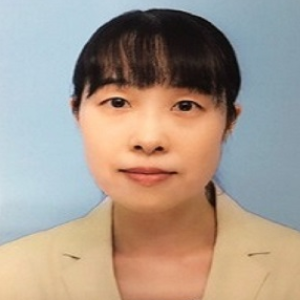Abstract:
Pancreatic ductal adenocarcinoma (PDAC) has a dismal patient prognosis with overall survival of merely ~10% mainly due to the lack of effective diagnostic and therapeutic measures. In PDAC, there have been identified high rates of alterations in the oncogene KRAS and the tumor suppressor genes TP53, CDKN2A, and SMAD4. Moreover, the patients with mutations in all these four genes display the worst prognosis among all the PDAC patients. To develop a novel therapy for PDAC, we have recently generated the first animal model, ‘4-hit’ Drosophila, that mimics the four gene alterations. Most of these flies died before reaching adulthood due to the abnormal proliferation of the transformed cells. To determine signaling pathways causing the phenotypes, we performed comprehensive genetic screening for all the kinases in 4-hit flies. Consequently, we revealed that suppression of riboflavin (RF) kinase (RFK) or MEK inhibited their malignant traits. RFK is a rate-limiting enzyme in RF pathway which activates flavoproteins and regulates metabolic pathways, antioxidant activity, and so on with their roles unknown in PDAC pathogenesis. Furthermore, we conducted chemical testing and elucidated that a combination of roseoflavin (RoF), an inhibitor of RF pathway, and the MEK inhibitor drug trametinib significantly rescued the lethality of the 4-hit flies. Additionally, the combination also markedly suppressed the expansion of human PDAC xenograft in mice. These results indicate that the combination of RF pathway inhibitor RoF and MEK inhibitor drug Tr is a novel therapeutic candidate for PDAC.
Audience Take Away Notes:
The inhibition of RFK and MEK is a novel therapeutic candidate for PDAC
The 4-hit Drosophila is valuable for developing novel therapeutics for PDAC




